The world’s first hydrogen double decker buses will be introduced on three London bus routes next year, helping tackle the capital’s air quality crisis.
Transport for London (TfL) has announced the order of 20 of the green buses – which produce no pollution from their exhausts - as part of its drive to make London’s transport zero-emission. It follows the introduction of the world’s first Ultra Low Emission Zone last month.
The environment-friendly vehicles will be introduced on routes 245, 7 and N7, with people traveling to Wembley Stadium, or from west London to the West End. The new, modern buses will also enhance the customer experience, with on-board USB charging points making bus travel even more attractive.
TfL is investing £12m in the new buses and the fuelling infrastructure. Wrightbus in Northern Ireland will manufacture them. More than £5 million of funding is being provided by European bodies and £1 million from the Office of Low Emission Vehicles.
To encourage the take-up of this technology in other cities in the UK and Europe, TfL is leading procurement within the ‘Joint Initiative for hydrogen Vehicles across Europe’ (JIVE) project. JIVE aims to bring down the cost of the vehicles by buying in bulk with other authorities - helping put the price per bus on a par with the other cleanest fuels.
Sadiq Khan, Mayor of London, said: “We all have a role to play in cleaning up London’s toxic air and I’ve always said that TfL should lead from the front. Following the launch of the world-first Ultra Low Emission Zone last month I’m delighted that TfL has today signed a contract to bring 20 state-of-the-art, zero-emission hydrogen buses to London’s streets. We are investing a record £85m in cleaning up our bus fleet, and I am proud that London now has the largest zero-emission bus fleet in Europe.”
As part of the Mayor’s Transport Strategy, TfL is committed to using only the cleanest buses in its fleet. Ten Low Emission Bus Zones have been introduced, reducing harmful NOx emissions by 90 per cent on some of the capital’s busiest roads. All of the buses in the Ultra Low Emission Zone and seventy-five per cent of the entire bus fleet already meets these standards, with all buses set to be upgraded by October 2020. This will make the whole city a Low Emission Bus Zone.
Greening transport in the capital will require using a range of clean power sources. Hydrogen buses can store more energy on board than equivalent buses, meaning they can be deployed on longer routes. They only need to be refuelled once a day for five minutes, making them much quicker to power up when compared with conventional battery-electric buses.
The double decker hydrogen buses will expand TfL’s growing number of zero-emission buses. There are currently a total of 165 zero emission buses, with a further 68 electric double deckers on the roads by the summer. TfL has also recently announced that the route 323 will become fully electric next year, along with two further routes, which will be announced later this month.
Claire Mann, TfL’s Director of Bus Operations, said: “London has the cleanest bus fleet in Europe, but we know we need to go further and faster to tackle the public health emergency caused by dirty air. Innovating and using hydrogen means we have flexibility in matching the right fuel with the operational requirements of the network.
“We are also pleased to be leading an initiative that brings down the cost of buying the greenest buses across the continent and within our own country, as we know pollution doesn’t respect national or local boundaries.”


















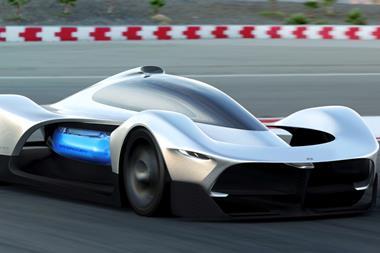
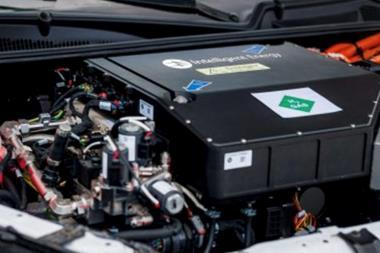
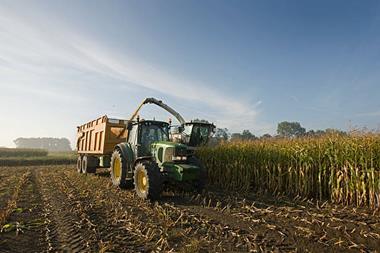
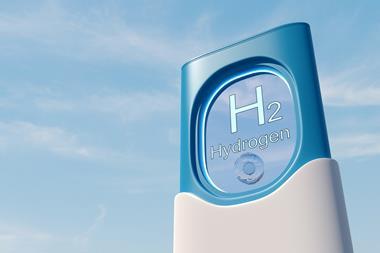

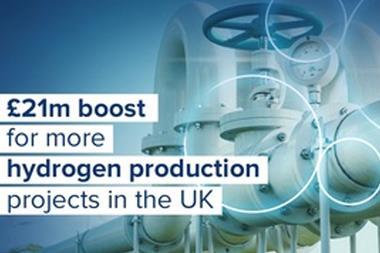






No comments yet